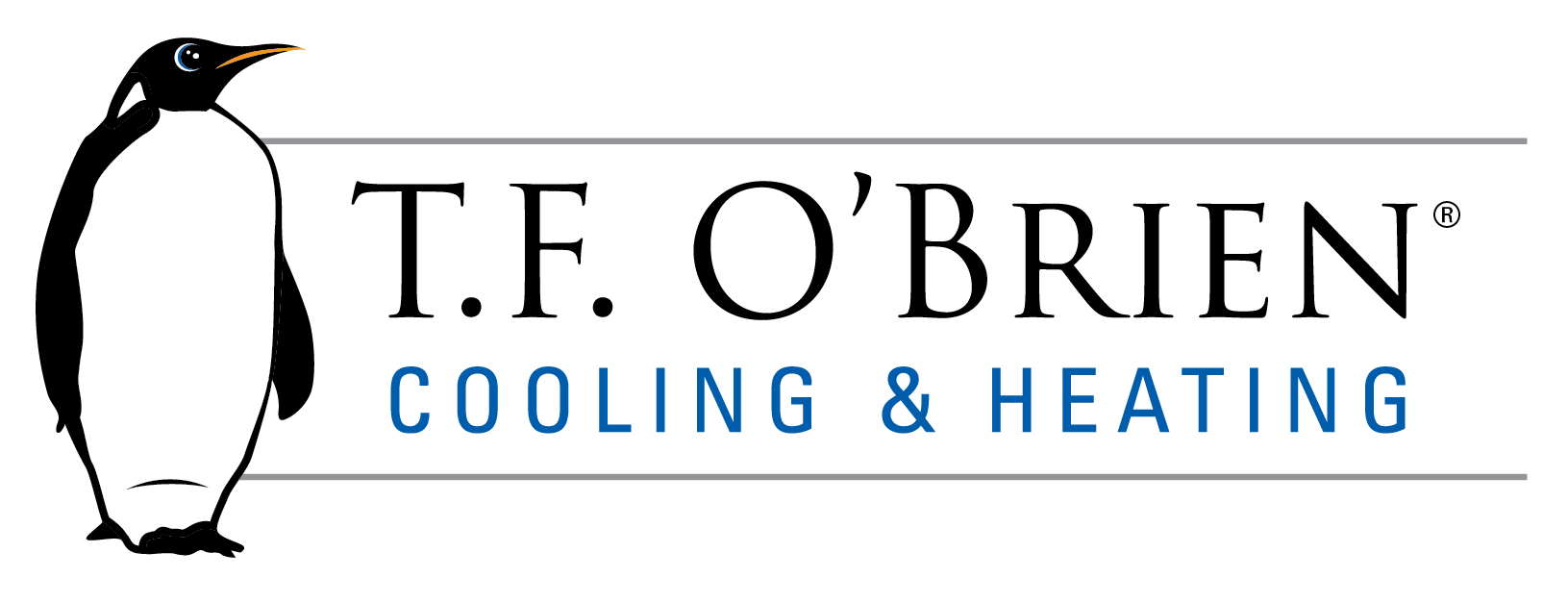 There are certain steps that you should take to avoid a hazardous gas leak and remain safe in your house. Natural gas is extremely combustible. If a gas line, connection or household appliance begins to leak, you could find yourself in serious danger.
There are certain steps that you should take to avoid a hazardous gas leak and remain safe in your house. Natural gas is extremely combustible. If a gas line, connection or household appliance begins to leak, you could find yourself in serious danger.
Preventative measures
To prevent a hazardous gas leak, make sure that all of your gas-burning appliances are installed correctly. Ideally, a professional should perform the installation, or verify the safety of the system. You should also schedule an annual maintenance appointment, so that a qualified contractor gives you the go-ahead to operate combustible equipment.
Detecting a gas leak
Even if you get a professional to install and check your gas appliances, you should still be aware of the signs of a hazardous gas leak:
- Smell – Natural gas doesn’t have an odor; however, utility companies add a chemical to the gas, often mercaptan, which gives off a very strong smell similar to rotten eggs.
- Sight – The pressure of a gas leak could cause dust to blow around the connections of an appliance or the leaking area around the pipe. It could also cause water to bubble. Outdoor gas leaks could cause surrounding vegetation to die.
- Sound – The most common sound associated with a gas leak is hissing. This is usually around the connections, fixtures and piping.
If you notice any of these signs, evacuate your home immediately.
Evacuation procedures
The best course of action to take when evacuating the home is to quickly and promptly exit the home. Don’t go out of your way to extinguish open flames, but if you pass by the stoves, a candle or incense burner, you may extinguish or turn them off. On your way out of the home, leave the door open to provide ventilation. Once everybody is out, use a neighbor’s phone or your cell phone to call the gas company.
If you would like more information about hazardous gas leaks, or if you’d like to schedule preventive maintenance for your gas-powered equipment, contact T.F.O’Brien Cooling & Heating. Serving Long Island homeowners since 1934, we’re always happy to help.
Our goal is to help educate our customers about energy and home comfort issues (specific to HVAC systems). For more information about other HVAC topics, download our free Home Comfort Resource guide.
Image via Shutterstock.com
